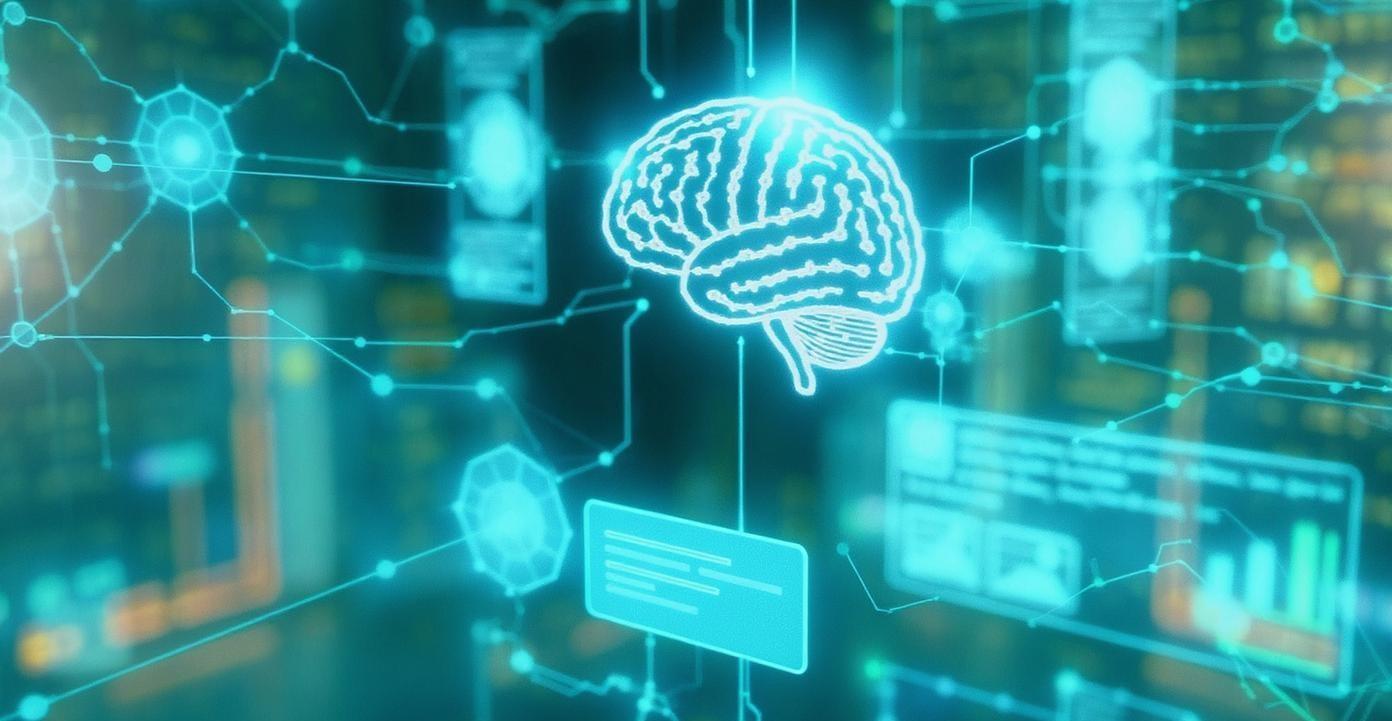The landscape of modern marketing is undergoing a profound transformation, driven by the rapid advancement of generative artificial intelligence (AI). No longer limited to automating repetitive tasks or analyzing data, AI is now stepping into the creative arena—writing compelling copy, generating stunning visuals, personalizing content at scale, and even conceptualizing campaigns. For companies striving to stay competitive in a fast-paced digital world, embracing generative AI is no longer optional; it’s becoming a necessity.
At Businessinfopro, we recognize that generative AI is more than a technological trend—it's a foundational shift that is reshaping how brands connect with consumers, make decisions, and scale their marketing efforts. Here's how generative AI is disrupting the status quo and ushering in a new era of innovation in marketing.
Hyper-Personalized Content at Scale
In traditional marketing, personalization meant inserting a customer’s name into an email or recommending products based on past behavior. With generative AI, the scale and depth of personalization have reached new heights. AI systems can now analyze customer data, predict preferences, and generate content—emails, social media posts, or even entire landing pages—that resonates with individual users in real time.
For example, generative AI models like GPT-4 and its successors can craft personalized messaging that aligns with a customer’s browsing history, buying behavior, and engagement patterns. This hyper-personalization boosts conversion rates, improves customer satisfaction, and builds long-term loyalty. More importantly, it allows marketers to deliver this level of individualization at a massive scale, something previously impossible with manual efforts.
Enhanced Creativity and Campaign Ideation
Creative brainstorming has always been a human-dominated domain. However, generative AI is proving to be a powerful creative partner. Tools like Midjourney, DALL·E, and Runway generate original visual concepts, video snippets, or campaign mockups in seconds. These technologies provide marketers with a starting point for ideation, reducing creative fatigue and speeding up the production cycle.
Moreover, AI can suggest variations of headlines, ad copy, and design layouts based on performance data, making A/B testing faster and more effective. With the ability to iterate quickly and intelligently, teams can pivot more rapidly and fine-tune campaigns for maximum impact.
Automated Customer Journey Mapping
Understanding and optimizing the customer journey is essential for effective marketing. Generative AI, powered by deep learning and customer analytics, helps marketers map and forecast user journeys across multiple channels and touchpoints. By feeding historical data into AI models, businesses can identify bottlenecks, drop-off points, and areas for improvement in real-time.
Advanced generative tools can simulate different customer personas interacting with a brand, highlighting how changes in messaging or design might affect engagement. This simulation capability enables predictive marketing—marketers can create strategies that anticipate customer behavior rather than merely reacting to it.
Revolutionizing SEO and Content Strategy
Search engine optimization (SEO) has long relied on keyword research, backlinking, and manual content planning. Generative AI introduces a dynamic shift by enabling automated content creation that aligns with SEO goals. AI tools can identify trending topics, generate long-form content tailored to search intent, and optimize headlines and metadata to boost discoverability.
For instance, marketers can use generative AI to develop a content calendar populated with blog posts, social updates, and video scripts based on competitor analysis and user intent. These capabilities drastically reduce the time needed for content strategy planning while ensuring that all assets remain relevant, timely, and optimized for visibility.
Additionally, AI-driven tools like Surfer SEO, Jasper, or Frase integrate semantic search and content scoring, making it easier to align generated content with what search engines prioritize today—user value and intent.
Dynamic Ad Generation and Real-Time Optimization
The advertising space has seen a radical transformation with the use of generative AI in dynamic ad creation. Platforms like Meta’s Advantage+ and Google Performance Max campaigns already leverage AI to optimize ad placements. Now, with generative capabilities, marketers can auto-create ad variations—copy, visuals, and CTAs—that are customized for different audience segments and platforms.
These ads are no longer static. With real-time user data, generative systems can tweak ad elements dynamically—adjusting headlines, changing visuals, or modifying offers based on performance trends. This level of automation ensures better ROI and improved campaign efficiency while freeing human teams to focus on strategy and storytelling.
AI-Powered Chatbots and Conversational Marketing
Conversational marketing is growing in popularity, and generative AI is taking it beyond basic chat automation. Powered by large language models, next-generation chatbots can handle nuanced queries, provide personalized product recommendations, and even carry out complex customer support tasks.
These AI systems can understand tone, context, and intent, allowing for human-like interactions that enhance the customer experience. For marketers, this means 24/7 engagement capabilities, higher lead conversion, and improved NPS scores. Generative AI ensures that customer conversations are consistent with brand voice and values, regardless of the channel.
Visual Branding and Identity Development
Brand consistency across channels is crucial, and generative AI helps maintain it effortlessly. AI design tools can produce brand-compliant assets—including logos, banners, social templates, and presentations—while adhering to defined style guides. This reduces reliance on overburdened design teams and shortens production timelines.
Furthermore, AI-generated visuals are highly customizable. Marketers can request designs tailored to specific demographics or regional preferences, helping them localize campaigns with ease. This feature is particularly useful for global brands that need to maintain core brand identity while appealing to diverse audiences.
Data-Driven Decision Making Meets Creative Intelligence
One of the most compelling impacts of generative AI in marketing is the seamless integration of data science with creative development. AI not only generates content—it also measures its effectiveness and feeds those insights back into the creative process. This continuous loop of generation, testing, and learning enables marketers to make informed decisions rapidly.
Whether it's determining the best time to post on social media, identifying which subject lines yield the highest open rates, or analyzing sentiment trends across campaigns, AI augments human creativity with precision and insight. It eliminates guesswork and fosters a culture of experimentation and innovation.
Read Full Article : https://businessinfopro.com/how-generative-ai-is-transforming-modern-marketing/
Visit Now: https://businessinfopro.com/


